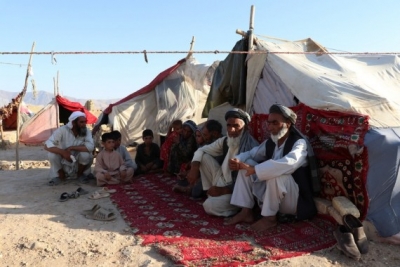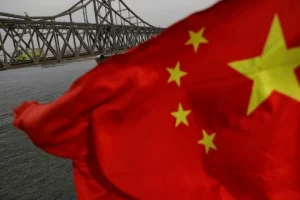Europe, unlike 2015, is not willing to provide asylum to Afghan refugees who are fleeing the country. In 2015, over a million refugees from the Middle Eastern countries– primarily Syria migrated to Europe. Though typically, in the medium to long term, migration boosts consumption and provides greater flexibility to the labour market, governments across the continent this time fear a social backlash especially as the Covid 19 hit fragile economy has just started to recover.
A study by the European Commission in 2016 said that migration often can lead to rise in public spending due to expenses related to rescue operations, border protection (especially if managing an external EU border), registration of asylum seekers, and the short-term provision of food, health care and shelter for transit countries. For destination countries, spending may also include elements like social housing, training, education and expenditure related to refugees’ integration and welfare benefits, it said.
Also read: 80% of 500,000 displaced persons in Afghanistan are women & kids, says UN Refugee Agency
This is something no leader would want to take upon especially after the damages induced by the Covid 19 pandemic.
“We must anticipate and protect ourselves against significant irregular flows of migration that would endanger those who use them and fuel trafficking of all kinds,” Emmanuel Macron, who is set to run for a second term as French president next year, said.
Besides, there is an added apprehension of problems arising out of a patchy integration process between the migrants and their host countries.
“For Member States with ageing populations and shrinking workforces, migration could alter the age distribution in a way that may strengthen sustainability. However, if the potential human capital is not used well, the inflow could also weaken fiscal sustainability,” the study said.
Though trends suggest that the European economy could well be on a recovery path, the world continues to grapple with the aftermath of the pandemic and the uncertainties.
“It is a tricky situation. After all, the refugees cannot be left in the lurch and there is need for compassion. But at the same time there are short to medium term economic implications that may or may not prove beneficial. Governments across are not willing to take a chance at this time when geopolitical and geoeconomics shifts are happening rapidly,” a foreign policy analyst told India Narrative.
Also read: Russia doesn’t want Afghan terrorists in guise of refugees in Central Asia, says Putin
The analyst added that the governments now also want to pass on a message that providing asylum to refugees cannot be a regular affair.
“There was overall support for migrants in 2015 but in the Covid ravaged society, the mood is different in most places,” the analyst said.




















